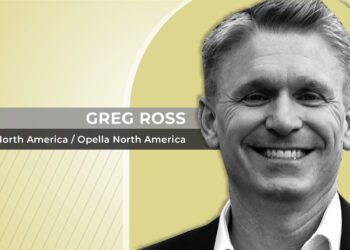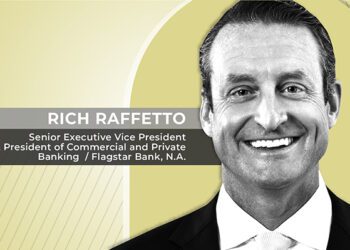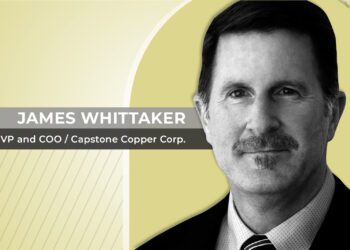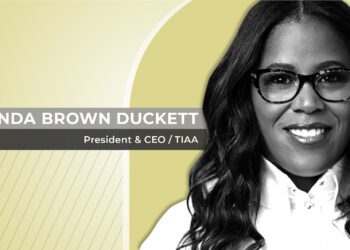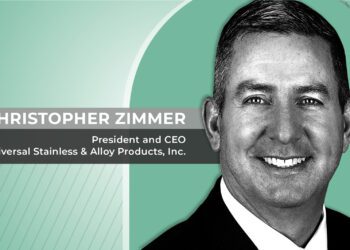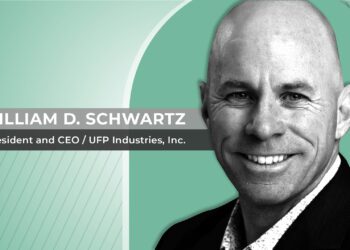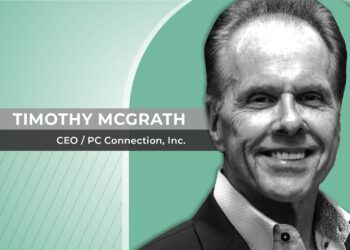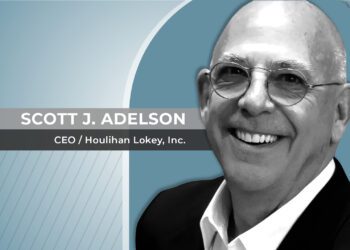In a year when the global health care ecosystem was impacted by COVID-19, Pfizer remained steadfast in its commitment to pursuing breakthrough science. 2020 was a year like no other for Pfizer – defined by bold decisions, even bolder actions and incredible results thanks to its visionary CEO Albert Bourla.
In spring of 2020 an unparalleled menace rolled out over the world. As leaders looked on astonished and often unprepared for a virus which was quickly proving to be the scourge of a generation pharmaceutical companies raced to the starting blocks to find a cure. COVID-19 threw down the gauntlet to humanity and Pfizer rose to the challenge increasing its total production by approximately 1500%. By November 2021 2 billion doses of Pfizer’s Comirnaty vaccine had been shipped to 152 countries, a lightning-fast roll-out requiring innovations throughout the company’s processes generating $13 billion in global revenue. For Pfizer’s Greek-American CEO Dr. Albert Bourla it was a baptism of fire.
“We went through a lot of pressure and I had to put a lot of pressure on people,” said Bourla in a recent interview. “I know my people don’t mind but I put a lot of pressure to them. They knew this was what was needed. You can put pressure on but you should never make people feel unhappy and uncomfortable, I learned and I try to do less of it.” In March 2020 Pfizer signed a letter of intent to work together on a vaccine and two Pfizer facilities, one in Puurs, Belgium, and one in Kalamazoo, Michigan were chosen as staging grounds for the biggest pharmaceutical production effort ever.
“At that point in time, we didn’t know yet how big the pandemic would be,” said Luc Van Steenwinkel, Vice President Pfizer Biotech Operations and Site Lead of Pfizer Puurs. “Many people believed this was going to be over in a few months, like a flue pandemic.”
Nonetheless lives were being lost and there was clearly no time to dally. The company put itself into emergency to gear to get a vaccine online as soon as possible.
“From CEO Albert Bourla through the organization, the message was clear, the direction was clear, the priorities were clear, and the decision-making was really streamlined,” said Patrick McEvoy, Senior Director of Operations and Engineering with Pfizer, based in Kalamazoo. “We really didn’t have a lot of time to dwell on it.”
The research teams decided to manufacture multiple COVID-19 vaccine formulations in tandem. Both facilities would hire and train new colleagues as they raced toward production. Within an implausible 100 days the plants had developed and manufactured the vaccine that would go on to real world success.
But bringing the vaccine to patients was not only a technical problem. Pfizer’s vaccine development took place before a global audience making the company the target of everything from geopolitical disputes to fake news.
“I think I learned enough to have a degree in political science,” remembered Bourla who came to the US from Greece. “I tried to protect the company from being involved in politics. It was impossible because there was so much polarization. Covid was at the epicenter of the debate. The development of the vaccine became part of a debate which should not be discussed in political terms.
”A major part of Bourla’s role became shielding his teams from these political pressures, often spending late-night sessions with world leaders themselves as they tried to solve the critical problems each country confronted.
“The way I saw it was I had to put pressure on our people but I had to protect our people from internal bureaucracy and external bureaucracy so that they can work,” notes Bourla. “I had to absorb the political pressures rather than having them passed to my teams. They should only have to worry about the lab and their patients.” But aside from the world’s political leaders Bourla also had to deal with the dark side of the pandemic: an avalanche of fake news, predicated on conspiracies and distrust.
“I am afraid it was quite damaging,” continued Bourla. “We are getting briefings from the CIA and FBI of attacks that might happen to us. Than there are people that are vaccinated and there are people that are skeptical and both of them are afraid. Those getting the vaccine are afraid of the disease and believe because people are not getting vaccinated they are increasing their risk. Those who don’t get the vaccine are afraid of the vaccine and mad at people pressing them to get it. These I understand. They are decent people. They have a fear and it is understandable and they don’t want to take chances. But there is a very small part of professionals who intentionally circulate misinformation misleading those that have concerns. These are criminals. They have literally cost millions of lives.”
Aside from the deeply divisive issue of whether people should be obliged or pressured to get vaccinated another controversy has dogged Pfizer’s vaccine roll-out: vaccine access for low-income countries which seem to have been largely left behind.
“The first thing we had to do was to ensure that price would not become an obstacle to any country,” added Bourla on this critical topic. “That was easy to achieve, since the price was the cost of a take away meal in the developed world. When going to the middle income countries we talked half price and when going to low income countries we give them a not-for-profit price. That was easy.”
However another problem remained. How to ensure that there were enough vaccines for all countries, especially in the first months when the whole world was clamoring for vaccines. In those crucial first months, despite Pfizer’s remonstrations many low and middle income countries did not place order with Pfizer, trusting to other sources. When these other sources did not deliver in time, many returned to Pfizer asking for help.
“The problem was the first few months the doses were already allocated,” remembers the former veterinary student. “The solution was to build more and this is where we invested. From the billion of doses we were expecting to produce through the end of 2020 we managed to raise it up to 3 billion. Of these 1.2 billion doses will go to middle and low income countries.”
But production means nothing if you cannot bring the vaccine to market. Pfizer had to make major innovations to bring the results of this massive production effort to vulnerable people worldwide, from rural towns to major cities. One particularly important innovation has been custom-designed suitcase-size containers.
“Our engineers created specially designed, temperature-controlled shipping containers (that we call “shippers”), which contain GPS temperature enabled trackers for continuous, real-time location and temperature monitoring and can maintain required temperature conditions for up to 10 days unopened,” said Bourla to investors. “Once opened, the shippers can be used for temporary storage for up to 30 days, if the units are re-iced every five days – effectively making them temporary deep freezers.”
This is not the first time the company has faced a major changes. Pfizer was founded in 1849 and supplied penicillin to the allies during World War II. The company currently distributes more than 200 million doses of vaccines to ore than 165 countries in the world, making the enormity of the COVID challenge all the more obvious. But just as previous crisis have ended Bourla sees an end to this one. “We believe that our lives will go back to the way that we knew before,” said Bourla. “Of course, there will be changes because of things that we learn. We’ll be changing the way that people work, now that we know that it works so well. I think we will soon reach the level, that it will be normal for people to go to a restaurant without wearing masks. The only thing that stands between the new way of life and the current way of life, frankly, is people afraid to take the vaccines.


